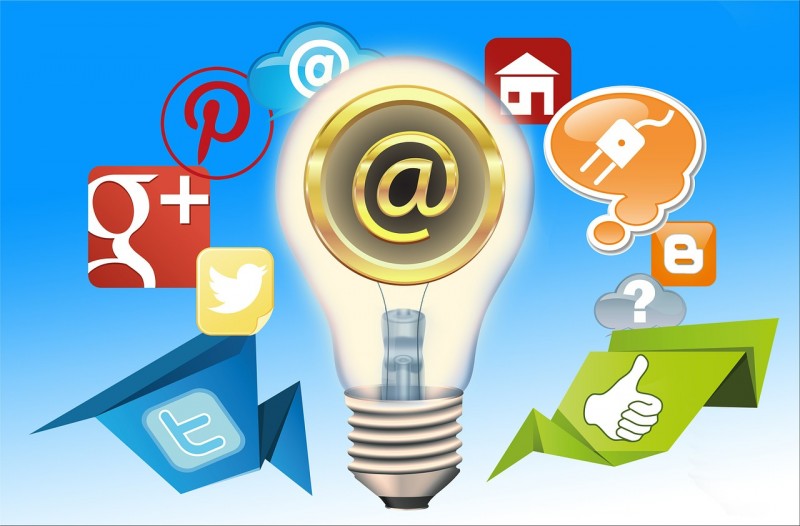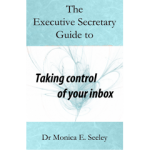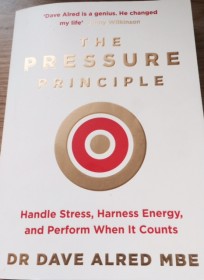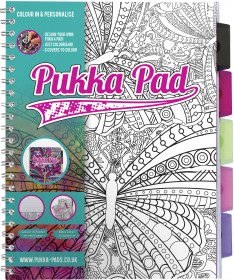Top tips from Mesmo Consultancy (and Associates) on how to save time and improve business and personal performance by ‘Taking Control of your Inbox’ and using proper business email etiquette.
In an attempt to reduce email overload, increasingly organisations are banning using email for internal communications. But is this really the solution or is it a sledge hammer to crack a nut? For some the ban is absolute and others it is on specific days. The most high profile being Atos. Others include Hatton Housing and Rarely Impossible ( a small Dorset-based digital media company). Those adopting this path have turned to alternative platforms such as instant messaging, social media-based chat environments. By and large too the companies have all been small to medium sized and based in one office. The exception is Atos but they are developing a dedicated internal communications platform.

Responses have been mixed, some have seen a genuine improvement in people’s performance whilst others have found drawbacks. Not least, employees are now just faced with another set of digital distraction.
There is no doubting that email overload and misuse is one of the biggest causes of stress and lower productivity, corporate email overload is often the symptom of deeper problems. Reducing email overload and generating genuine improvements in communications and performance is really about setting the right management and business culture. Then one can start to look at how email and the other multitude of social media platforms can be used.
Currently with so much uncertainty over Brexit, it is not surprising that many people’s inboxes are fuller than ever with unnecessary chatter. It would not therefore be unexpected if more business executives jumped on the ‘ban all internal email’ band wagon. However, without careful consideration as to what is really causing the email overload, banning all internal email might just be a step backwards.
Tags: Ban internal email, corporate email overload, email overload, Hatton House, Rarely Impossible
How often have you been tempted to use your personal email account for work-related matters? Hilary Clinton did so on at least 110 occasions and was lucky to get away with it. Remember Michael Gove was not so lucky see Gove Gate.

For many of us this is a violation of company security policy. And if it is not then it should be. Personal email accounts and devices are rarely as secure as business ones. For example, if your company mobile device is either lost or stolen it can be immediately locked and wiped clean so that no one else can access the content. If you share an email account others can read your emails. Maybe you have inadvertently left your mobile device lying around and others know (or can guess) the access password.
You may not escape unscathed. What lessons can we learn from the Clinton email scandal to reduce the risk of email cyber crime? Here are my top three take aways.
What’s your view on the use of personal email accounts for business?
 Here are five articles which caught our eye over the last few weeks. It’s a mixed bunch including the importance of checking your junk folder from time to time, what constitutes a strong password and how to improve office communications by placing more emphasis on the human aspect of work. Click here for more.
Here are five articles which caught our eye over the last few weeks. It’s a mixed bunch including the importance of checking your junk folder from time to time, what constitutes a strong password and how to improve office communications by placing more emphasis on the human aspect of work. Click here for more.
1. Always check your junk folder (carefully) – Australian author Helen Garner was almost $207,000 out of pocket recently, when an email telling her she had won a new prize went straight to her junk folder. She naturally thought is was a hoax.
2. Emails reveal trading behaviour during crisis. The Libor scandal erupted nearly five years ago and yet still email evidence is emerging about how traders manipulated the markets. Although largely related to the financial aspects of Citibank’s troubles, this article underpins two fundamental principles. First, you never know what happens to an email once it leaves your inbox. You only have control over what you say not who does what with it. Second, email is a picture of you, a point Barclays Bank found to their horror.
3. Working human: after all, what’s the alternative? We spend more time at work and isolated in our blinkered world of email and social media than ever before. Some companies are now looking at ways to make work more enjoyable and increase the level of personal contact. This overview includes case histories.
4. Better password? Pretend you eat kale. Did you know that password built around the ‘I eat kale’ is significantly stronger than one built on ‘I love you’. Here is why and how to build on that philosophy to develop your own strong and robust passwords. Click here for more tips on this setting strong passwords to reduce cyber crime.
5. After hours email checking consumes a month a year. A recent US survey found that we now spend at least one hour of our own time checking office emails. There is little doubt the same behaviour persist in the UK. Indeed the French Government are considering legislation to banning access to work email after work hours.
Many of the challenges highlighted in these articles contribute to corporate email overload and hence drain you and your organisation’s productivity.
You will find some advice and tips on how to reduce the email stress levels in both ‘Brilliant Email‘ and ‘Taking Control of Your Inbox‘. And Mesmo Consultancy can always come and run a Brilliant Email workshop to help you and your organisation improve performance.
Tags: After hours email, Brilliant Email, corporate email overload, cyber crime, Junk Folder, Mesmo Consultancy, Passwords, Taking Control of Your Inbox
The Pressure Principle by Dave Alred.
You practice for weeks/days for an important event be it a presentation or performance in the sports arena, then comes the day and you let yourself down. Most of us have been there at some point in our leives whether at work or socially perhaps perusing our favourite sport
For me the motivation to read this book was a bold attempt to sink more five foot putts. Alred, coached Johnny Wilkinson. Here he distills some useful advice and exercises to help you stay focused and think positively. Importantly too how to learn from negative experiences and not let them cloud your future performance.
For instance when coaching someone (yourself), turn everything into a very precise positive statement. Instead of saying don’t miss my sales target/on the left side of the hole say positive things like ‘aim to close one new sale per week’, ‘always aim for the high side of the hole’.
Although written from a sports perspective, there is lots of good advice for anyone and who wants to harness the stress of performing under pressure to excel.
And yes, I have made more five foot putts to win a few prizes in the past month!
Tags: Dave Alred, performance, Stress
To use an e-notebook or conventional notebook that is the question facing business and educational institutes. Electronic notebooks such as OneNote have many advantages and especially for keeping track of useful web-based material (eg links and videos). Indeed I love OneNote for storing and sharing such content. Having my iPad in a meeting means files can be instantly accessed. Meeting notes produced as the meeting proceeds and shared instantly at the close.
However, they also have some significant drawbacks. Not least the temptation to multi-task. You pretend you are listening and taking notes but in reality you are checking emails and social media sites. Not very productive use of anyone’s time and especially yours. Indeed some university lecturers have banned the use of such devices in an attempt to encourage more conversations and networking.
Conventional notebooks offer many different benefits. Taking notes helps improve memory and concentration. You could argue that this is device independent. But in my case, writing and mind mapping helps clarify my thinking. Perhaps because I have to concentrate that bit more with no spell-checker. Also there are no distractions (from new emails and social media alerts) which proves to be a major drain on productivity.

Colouring Project Book
Drawing and colouring can on the one hand help us relax and on the other rev up our creative juices. Useful in a meeting/lecture where either you want to tune out as it’s boring or the reverse because you have an idea to contribute and need to crystallise it before speaking. Though taking a colouring book into a meeting might look just as odd as peeking at social media.
One other drawback of a note book is that they can look boring and samey. If you are not careful you might end up walking off with the wrong notebook and leaving your most personal secrets in someone else’s hands. It has happened to me!
The other day I wandered into Pukka Pads who sponsored my latest book ‘Taking Control of Your Inbox‘ to collect some paper. There in the design room was the answer to my prayers – a ‘Colouring Project Book’. It has the most amazing Doodle Bar on each page which you can colour as you go along and hence improve your creativity and concentration. If like me you always have coloured pens for note-taking no one will know what you are doing.
The front can be coloured so you know it’s yours. Opening a personalised notebook is a quick way to be noticed and stand out from the crowd. Until now such stationary was very expensive and beyond the means of most mere mortals.
For me using a conventional notebook always helps improve my concentration, creativity and gives me confidence. In a meeting and when I walk around client’s offices I can make notes whilst maintaining eye contact and listening with no worries about finding the right app, being distracted and checking on battery life.
And here is a mega anti-cyber crime bonus: in a public place if you want to make notes, conventional notebook are more secure because the prying eye of the cyber criminal cannot check your writing strokes as they can your key strokes.
What do you prefer a conventional paper notebook or electronic one?
Tags: Colouring Books, Notebook, OneNote, Pen and Notebook, performance, Pukka Pads, Taking Control of Your Inbox